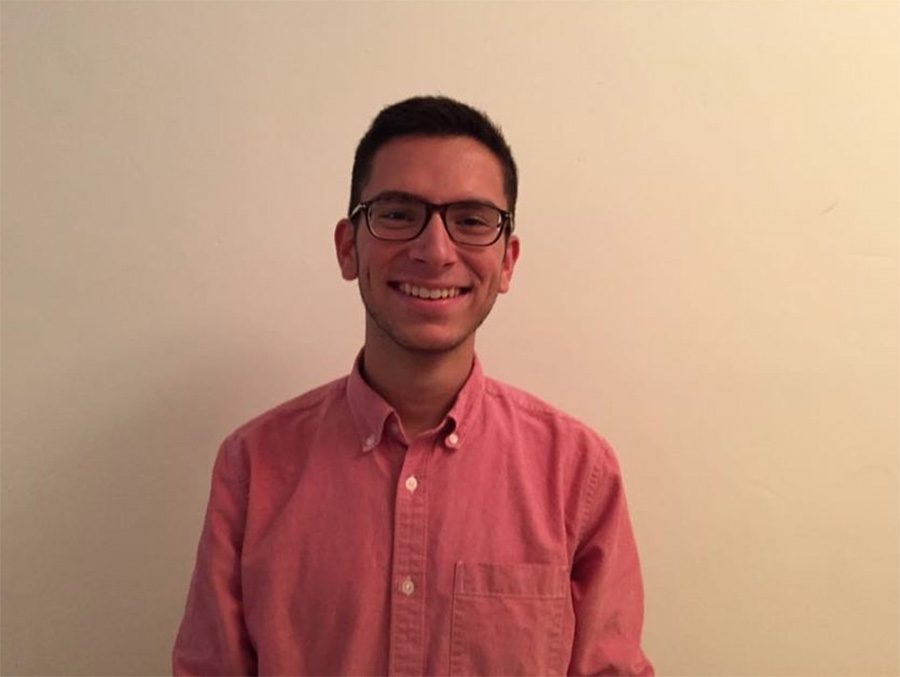Cancelling class to build a utopia
September 13, 2015
At face value, it seems to make little to no sense that the school would cancel 10 periods of class time for hour-long discussions on what the Just Community is supposed to look like. Is this really worth the time we are investing?
Class time is precious at Shalhevet. We have a dual curriculum, chagim, davening, holidays, assemblies, co-curricular trips, class trips and Shabbatonim, not to mention Color War. Canceling class puts additional pressure on students and teachers trying to get through course material.
Aren’t we missing out on learning opportunities? I enjoy my Judaic courses. When they get canceled for a discussion about the Just Community I can’t help but think this might be bitul Torah — wasting time that could be spent studying Torah.
From a parent’s perspective, why send your student to a private institution just so a class can be canceled each day for two weeks straight to talk about the Just Community? Parents want their children to learn algebra, chemistry, world history, Torah — not how to create a semi-utopian school culture.
Last year was a year of transition. Reb Weissman teaches us a core concept about transition: transition is the ultimate indicator of maturity.
We’ve gone through a transition phase and now we are saying hello to a new era. Walking into the new building offers an obvious indicator of this. But under the surface lies something much more abstract, expressed by a newfound maturity, a result of our transition year.
The transition left us with many open-ended questions about the Just Community that will give us the opportunity to further define who we are. It is in our hands to set new precedents, create new standards, and forge a new path, all while clinging to tradition.
Nearly all the challenges faced will be encompassed in a meta-topic – the Just Community. We first need to define, as a collective whole, what is the Just Community? Stripped to its most basic form, the Just Community is about doing the common good.
The common good can be picking up trash, cleaning white boards, not talking during davening, etc. Each deed, no matter how small, adds to the common good of the community.
If we dig a little deeper, the common good can be explained as a mindset. Mindsets penetrate the character of a person. In this regard, the good deed is a reflection of who that person is. Thought, speech, and action are now directed at the betterment of our community.
Start with our actions. Do the good deed. Take it one step further and open yourself to the world of halacha, Jewish Law. Learn a mitzvah, take on that mitzvah. Torah wasn’t meant to be left in the classroom. We learn Torah to do Torah.
Second is our speech. Not just in how we speak to one another but in how we speak of one another. In that regard, speech plays a role in our relationships. And close student-teacher relationships are pivotal to our school’s culture.
Naturally, to speak like this, and act like this, we must think like this. We must force ourselves to be conscious about our decisions, that what we are doing is for the common good.
The priority set out by the school, to cancel 10 class periods, speaks volumes to how much the administration believes in this mission. If one wants to create change and see positive results, don’t expect to see any unless full energy and resources are committed.
I urge all of you to commit and contribute to the effort of transforming the culture of Shalhevet.













